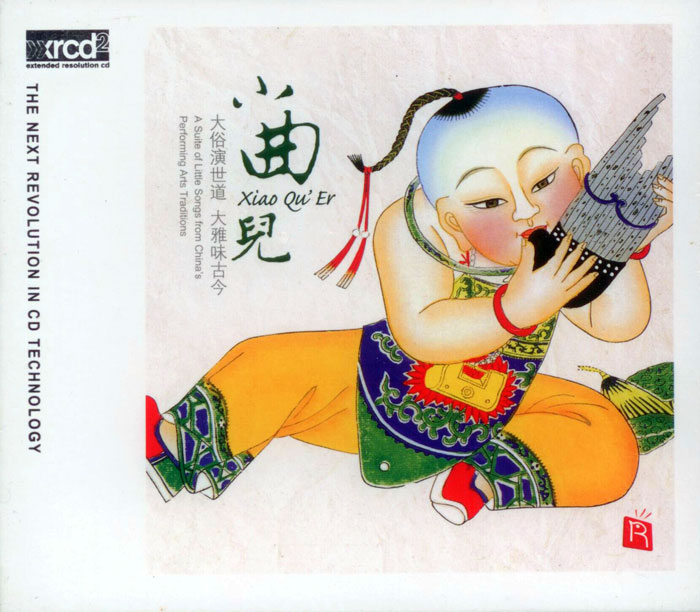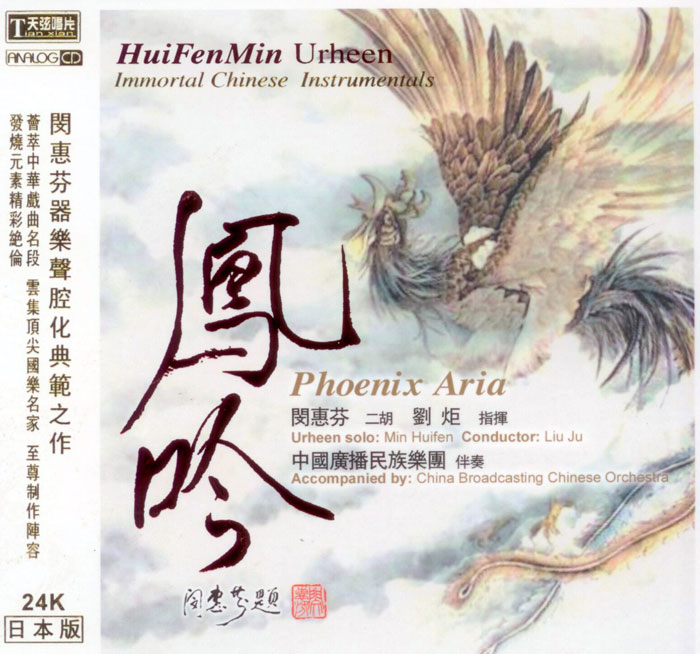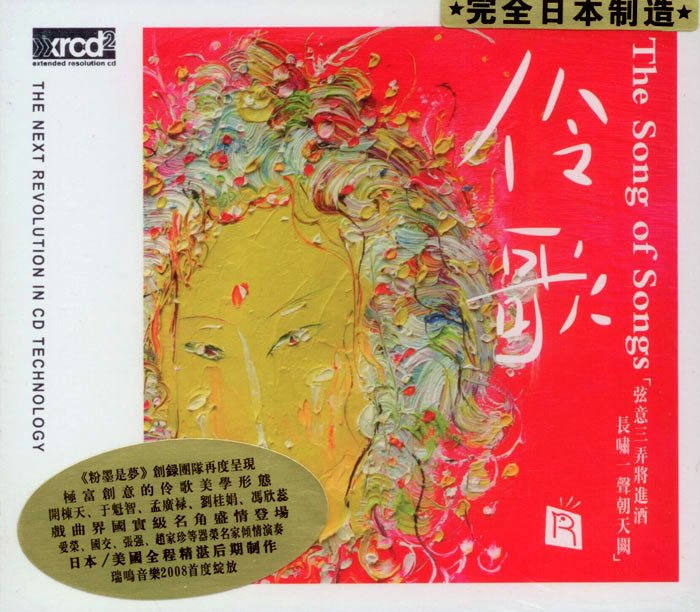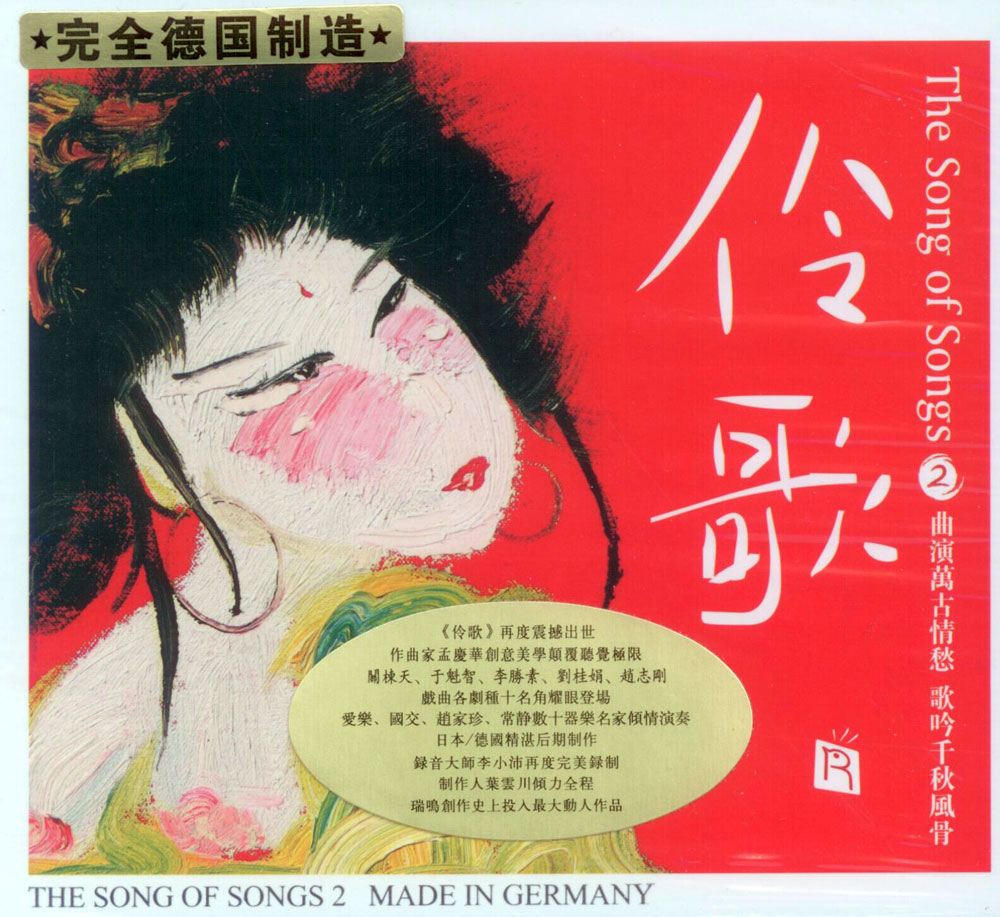Logowanie
OSTATNI taki wybór na świecie
Nancy Wilson, Peggy Lee, Bobby Darin, Julie London, Dinah Washington, Ella Fitzgerald, Lou Rawls
Diamond Voices of the Fifties - vol. 2
Tylko 1000 egzemplarzy!!!
DVORAK, BEETHOVEN, Boris Koutzen, Royal Classic Symphonica
Symfonie nr. 9 / Wellingtons Sieg Op.91
nowa seria: Nature and Music - nagranie w pełni analogowe
Petra Rosa, Eddie C.
Celebrating the art and spirit of music - vol. 3 - Pure
warm sophisticated voice...
Peggy Lee, Doris Day, Julie London, Dinah Shore, Dakota Station
Diamond Voices of the fifthies
Tylko 1000 egzemplarzy!!!
SAMPLER - STS DIGITAL, Buddy Tate, Milt Buckner, Walace Bishop
Jazz Masters - Legendary Jazz Recordings - v. 1
proszę pokazać mi drugą taką płytę na świecie!
Chesky! Niezmiennie perfekcyjny
Winylowy niezbędnik
ClearAudio
Double Matrix Professional - Sonic
najbardziej inteligentna i skuteczna pralka do płyt winylowych wszelkiego typu - całkowicie automatyczna
Meng Qinqhua
Xiao Qu'Er - A Suite of Little Songs from China’s Performing Arts Traditions
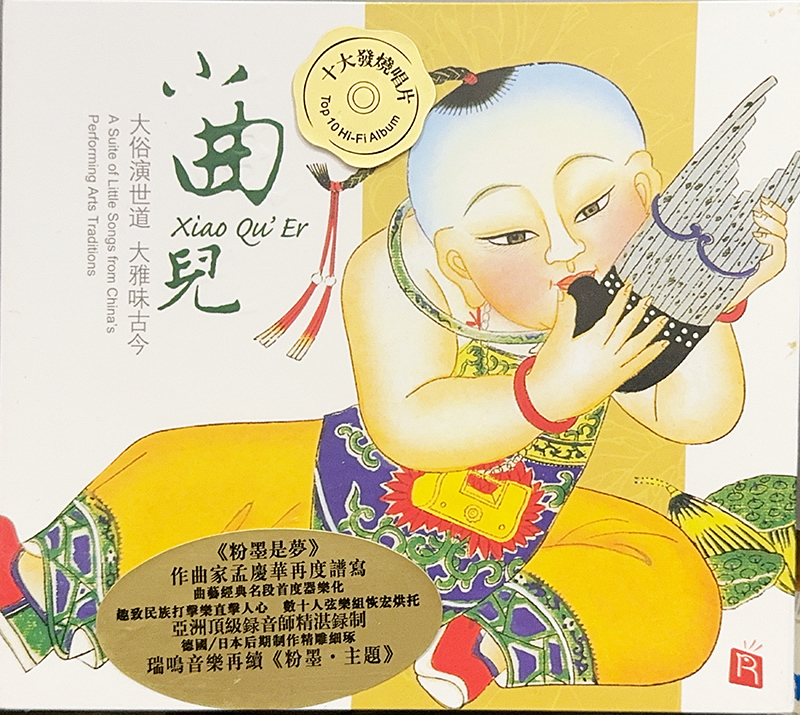
- 1 Dongbei Er'ren Zhuan: The Great West Chamber
- 2 Jingyun Dagu: Jiange Wen Ling
- 3 Sichuan Qingyin: The Hungry Cuckoo Bird
- 4 Jingdong Dagu: Sending the Girl to School
- 5 Pingtan: A Test of Love
- 6 Xihe Dagu: Linglong Tower
- 7 Shandong Qinshu: Everybody Changes
- 8 Guangdong (Yue) Tune: Fen Fei Yan
- 9 Tianjin Shidiao: An Overwhelming Flood
- 10 Henan Zhuizi: Guying Takes Command
- Meng Qinqhua - conductor
"Xiao Qu'er" marks the fourth collaboration between Rhymoi Music and the talented composer, Meng Qinghua. His previous releases include the internationally acclaimed "Dream of an opera" I & II and the "The Song of Songs." This time, Meng-Laoshi ("Laoshi" is an honorific title meaning "teacher" or "master" in Chinese) has drawn upon the rich and colorful heritage of China's singing and narrative arts, called "Quyi." The word "Quyi" (meaning "Song Arts") was first coined in the 1920s during the New Culture movement but following the founding of the People's Republic of China was expanded to include the more than 300 different types of traditional narrative arts thathave been catalogued. Unlike traditional theatre or the many forms of local opera, Quyi is usually performed by a small ensemble, often no more than three performers, with little make-up, few stage props and no scenery. Story-tellers frequently accompany themselves with a drum and clappers or string instruments such as the Sanxian (three-string lute), Yangqin (hammered dulcimer) or Pipa (pear-shaped lute). Despite this minimalist aesthetic, a skilled master of Quyi can create a rich and colorful theatrical display that surpasses traditional opera in intimacy and emotional impact. Despite hundreds of regional variations, Quyi can be categorized into three basic types, distinguished by the proportion of speech to song. The spoken genres include the long serialized tales known as Pingshu (literally, "Commenting on the Book") in northern and central China and Pinghua or 'storytelling' in the southeast, as well as shorter forms like Xiangsheng - (comic dialogues) filled with word-play or cross talk between two performers. Sung forms, such as the Dagushu(Drum Song Stories) and Danxian (Ballads accompanied by a monochord instrument called the Danxian), constitute a second type. A third style, called Kuaibanshu (Clapper Stories) combine the melodic and rhythmic qualities of language, exaggerating them into a rhymed, quasi-melodic 'rap'. An older form called Tanci (Poems accompanied by a plucked instrument) featured a rhythmic chanting alternating with passages in a characteristic heightened speech. The classic repertoire of Quyi draws primarily upon episodes from classic novels and drama, while the contemporary works often reflect the social and political concerns of the New China. Other regional forms reflect local concerns and will often feature satirical commentary on contemporary life. Our current program features a suite of ten pieces representing the unique folk traditions of the Hebei, Beijing, Tianjin, Jiangsu, Henan, Shandong, Sichuan, Dongbei, and Guangdong regions. Many of these earthy and colorful art forms are in danger of extinction, while others only survive as "tourist attractions." It is the hope of Mr. Ye Yunchuan of Rhymoi Music and Meng Qinghua, this loving tribute to China's lesser-known folkways will inspire a new generation of artists, musicians and scholars and music lovers to seek out, support, preserve and promote these traditions well into the 21st century.





























